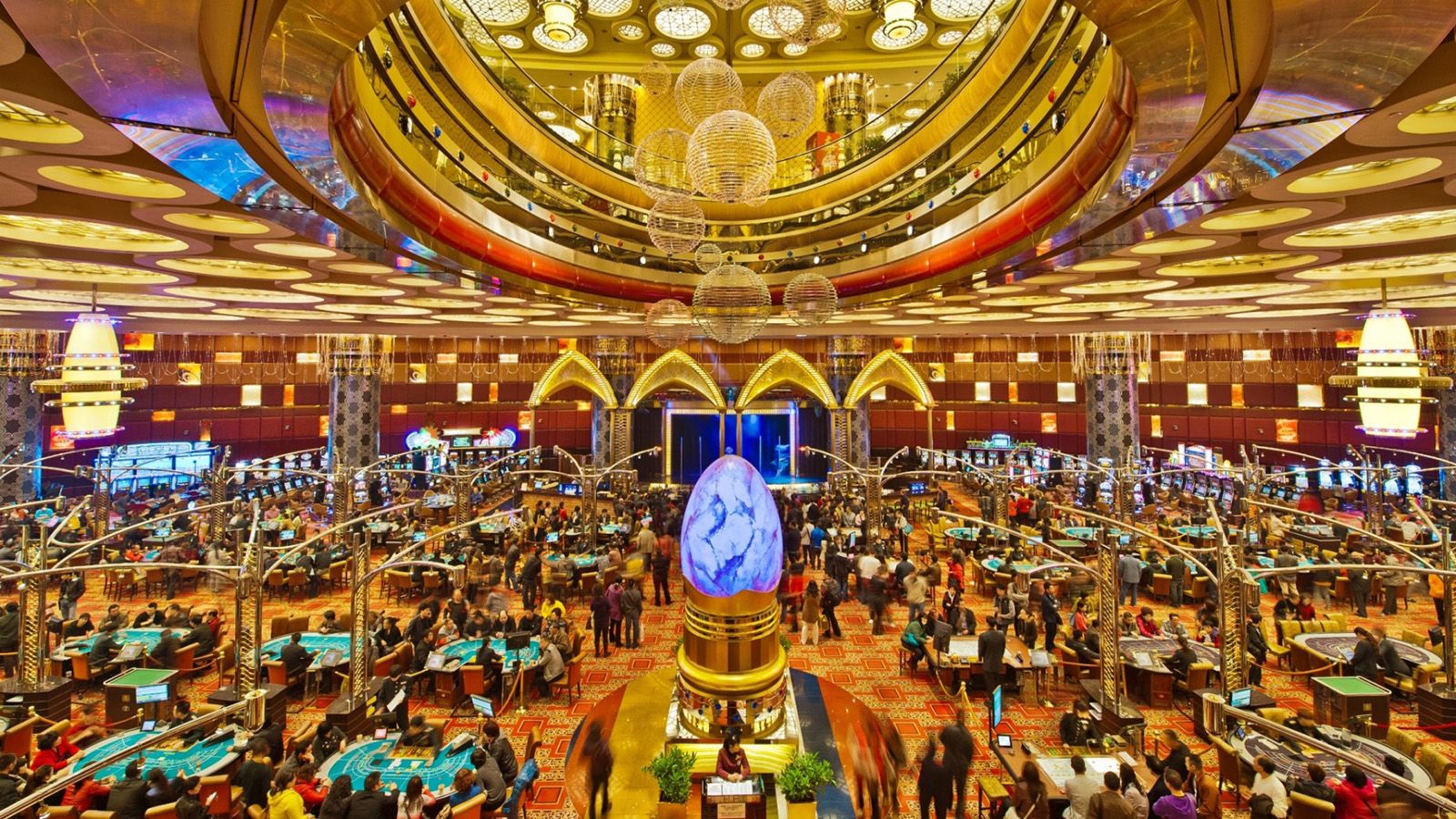
Gambling in casinos has long been a topic of fascination and controversy, attracting millions of players globally. With a blend of luck, skill, and the excitement of risk, casino games offer an exhilarating escape from everyday life. However, as entertainment becomes ever more available, it invites a more thorough examination of the ethical implications surrounding these games.
At the heart of the debate lies the question of whether casinos promote safe gambling or exploit vulnerable individuals. The appeal of potential winnings versus the reality of losses can create a challenging dynamic, and understanding this balance is crucial for both players and operators. As we delve into the morals of casino gaming, we will explore the duties of casinos, the impact on society, and the measures that can be taken to foster a healthier gaming environment.
The Impact of Casino Gaming on Society
Gambling in casinos has a considerable influence on the community, affecting not only the financial landscape but also interpersonal dynamics and local frameworks. The funds generated from casinos can lead to employment opportunities and boost local economies, as they provide various employment opportunities in different sectors including food and beverage, leisure activities, and retail. However, while the financial benefits can be substantial, communities often grapple with the possible negative impacts that arise from increased gambling activity.
Additionally, the presence of casinos can lead to an increase in gambling addiction, presenting serious challenges for players and families. m8bet asian handicap The thrill of casino games can quickly transform into a habitual habit, affecting connections with others and leading to monetary issues. Many individuals may struggle with the loss of control over their gambling behaviors, resulting in a need for community support services and interventions to address this increasing issue. The social cost of gambling addiction can extend through families and neighborhoods, creating an urgent need for responsible gaming initiatives.
In addition to the economic and social consequences, casino gaming often showcases cultural attitudes towards uncertainty and leisure. It can encourage a sense of excitement and leisure, attracting visitors and boosting tourism. However, this allure may also mask the broader implications of gambling as a form of entertainment, raising ethical questions about its advertisement and availability. As communities weigh the advantages and disadvantages of casino gaming, the need for sensible approaches and regulation becomes increasingly critical in ensuring that the positive aspects are maximized while reducing the potential harms.
Ethical Concerns in Betting Activities
The morality of casino gaming often revolve around the potential for dependency and its consequences on individuals and families. Betting can lead to serious financial distress, impacting not only the gamblers but also their loved ones. As individuals become caught in the appeal of winning, many lose sight of their financial limits, which can result in catastrophic outcomes such as bankruptcy. This raises moral questions about the responsibility of casinos in fostering safe gaming practices and providing support for those who may be dealing with betting addiction.
Another major concern is the promotion of gambling to at-risk populations. Casinos often aim at low-income people or communities with the promise of quick gains, which can continue patterns of poverty and despair. In this situation, the morality of advertising strategies used by casinos come under examination, as they may take advantage of the need of people seeking an escape from financial hardships. This exploitation raises moral questions about the integrity of the betting industry and its obligation to safeguard its most vulnerable customers.
Additionally, the impact of casino gaming on society as a entirety cannot be overlooked. While some argue that casinos create jobs and stimulate local economies, others point to the social costs associated with dysfunctional gambling, increased criminal rates, and a burden on public services. Balancing financial advantages with the risk for community issues presents a challenging ethical dilemma for policymakers and gambling operators alike. The challenge lies in finding a ethical approach that takes into account the well-being of individuals and society while still allowing for the pleasure of casino activities.
Oversight Framework and Responsibilities
The legal framework pertaining to gambling activities is created to ensure fairness, integrity, and gambler protection. Multiple government bodies and gambling commissions establish and enforce regulations that dictate how gambling games operate, the criteria for activity creation, and the protocols for managing prizes. These regulations change by locale but usually involve licensing requirements for operators and strict measures to prevent deception and dishonesty.
In addition to regulatory bodies, casino establishments bear significant responsibility in upholding principled standards within their establishments. They must adopt ethical gambling practices that encourage player safety and consciousness, including presenting self-exclusion options and offering information about the hazards related to betting. Establishments are also responsible for educating employees to spot signs of difficult gambling and be aware of the appropriate steps to support patrons in distress.
Furthermore, clarity in gaming operations is essential for building and maintaining public faith. Gaming establishments should offer clear information about the probabilities of operations, advertising offers, and any related hazards. By promoting an atmosphere of transparency and responsibility, casinos can help lessen the possible harmful impact of gambling while enhancing the general gambling experience for all gamblers.
